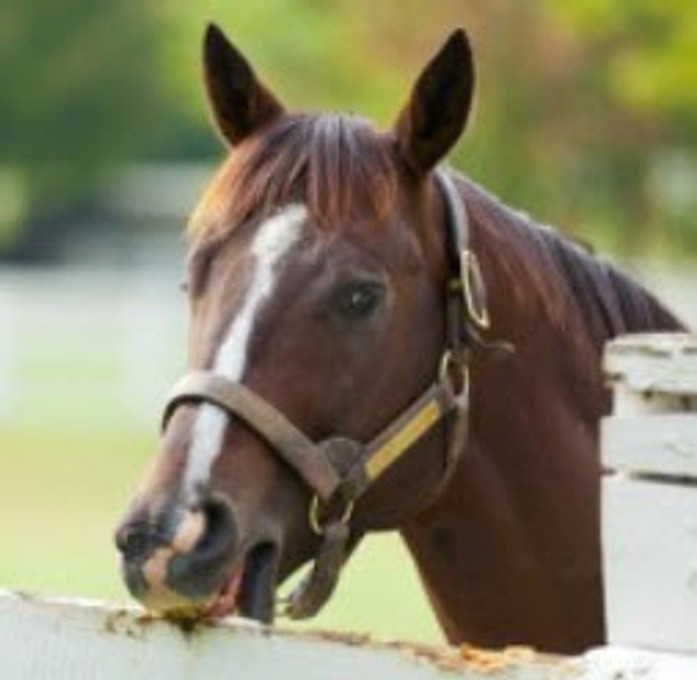
Horse Chewing
Posted by Grange Co-op on 1st Nov 2015
 "Rainy, ugly weather, it's too cold to ride, my arena's muddy, the trails are too slick" - we've got a whole list of excuses not to ride this time of year. Meanwhile, our horse pals are stuck in a stall or a small paddock with nothing to do, so they chew. Veterinarians tell us that horses chew (also called "cribbing") due to a lack of minerals, a need for roughage, boredom or all three.
"Rainy, ugly weather, it's too cold to ride, my arena's muddy, the trails are too slick" - we've got a whole list of excuses not to ride this time of year. Meanwhile, our horse pals are stuck in a stall or a small paddock with nothing to do, so they chew. Veterinarians tell us that horses chew (also called "cribbing") due to a lack of minerals, a need for roughage, boredom or all three.
If your horse is out in a paddock or field and he's chewing on trees, boards, etc., he may be seeking minerals. Try using Rogue 12-12 Mineral. It is a balanced mineral package with a variety of minerals that your horse may need. This can be fed free choice or added at the rate of one ounce per day to your horse's grain.
Veterinarians also tell us that a horse's need for roughage increases from time to time, so give them something to chew on. Avoid Redwood and treated wood, but sometimes an old 2 x 4 is just the trick. However, there is some risk of slivers and splinters causing injury to your horse's mouth and digestive system. If possible, eliminating chewing altogether may be the best solution.
Stalled horses are a little tougher to manage as they are usually suffering from boredom. Several chew-stopping methods are available with various results depending on the horse, from chemical deterrents to electric fencing. Cayenne pepper sprays seem to work for almost all horses except the ones with a taste for Mexican food!
If your horse is a die-hard chewer, hardware cloth formed and tacked over the edges of the doors and corners where they chew helps a lot.
Remember, minerals and possibly a chew board for your stalled horses. Try to get them out when you can, provide time with other horses if possible, give them plenty of grass hay and maybe even a stall toy like a horse playball will help. These preventative measures may help keep your horse from acting like a beaver and eating your barn down this winter.
